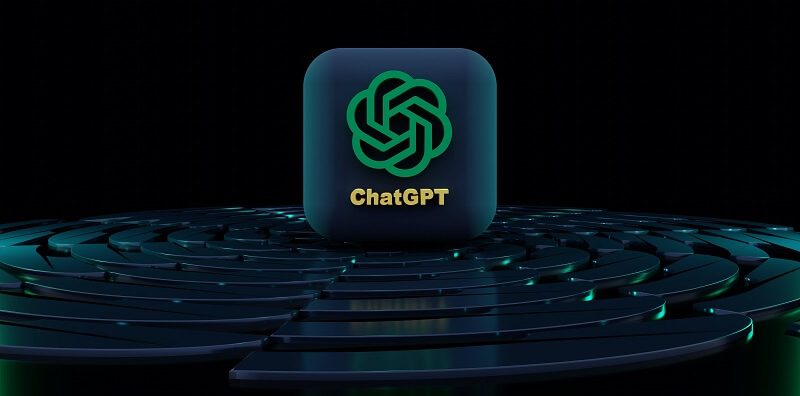ChatGPT has emerged as an advanced AI chatbot that employs natural language processing to generate remarkably human-like dialogue. In this article, we delve into the various applications of ChatGPT, understand its underlying technology, unravel the meaning behind the “GPT” abbreviation, highlight the significance of awareness, address ethical concerns, and explore how artificial intelligence can be a supportive tool rather than a threat.
Applications of ChatGPT
ChatGPT proves to be an immensely versatile tool, offering a range of applications in content creation. Individuals who struggle with writing or lack the time can now conveniently utilize the AI chatbot to generate engaging essays, articles, and emails. With its advanced algorithms and language generation capabilities, ChatGPT provides a productive and time-saving solution.
Unraveling the “GPT” in ChatGPT
The abbreviation “GPT” stands for “Generative Pre-trained Transformer.” This designation illustrates how ChatGPT processes user requests and formulates intelligent responses. By employing deep learning techniques and pre-training models, it has revolutionized the way chatbots generate dialogue. The role of the Generative Pre-trained Transformer in ChatGPT is to utilize specialized algorithms that identify patterns within data sequences. This enables the AI chatbot to generate coherent and contextually appropriate responses, creating the impression of conversing with a human.
Leveraging the GPT-3 Language Model
ChatGPT’s advanced capabilities are further enhanced by incorporating the GPT-3 language model. As the third generation of the Generative Pre-trained Transformer, GPT-3 is a powerful neural network machine learning model that empowers ChatGPT to comprehend complex language patterns and deliver highly sophisticated responses.
Awareness of the “GPT” Abbreviation
Despite ChatGPT’s popularity, there is a general lack of awareness regarding the meaning behind the abbreviation “GPT.” However, once people uncover its full form and the technology behind it, they express surprise and gain newfound knowledge on social media platforms. While ChatGPT has certainly proven invaluable for content creation, it is not immune to misuse. Reports have emerged of students exploiting the AI chatbot to cheat on their schoolwork. This calls for vigilance and responsible usage to ensure ethical standards in educational settings.
Worries about Job Displacement
As AI technology continues to advance, concerns about job displacement have become prominent. However, experts argue that rather than being viewed as a threat, artificial intelligence should be seen as a tool to support workers, paving the way for new opportunities and skill development.
AI as a Supportive Tool
Experts emphasize the importance of embracing AI as a supportive tool rather than a replacement for human workers. By augmenting human capabilities, AI technology such as ChatGPT can enhance productivity, streamline workflows, and enable professionals to focus on higher-level tasks.
ChatGPT, an AI chatbot powered by the Generative Pre-trained Transformer and the GPT-3 language model, is revolutionizing the way humans interact with technology. By offering a range of applications in content creation and providing human-like dialogue, it has become an invaluable tool for those struggling with writing or time constraints. However, it is crucial to remain aware of its limitations and ethical considerations, ensuring responsible usage and harnessing AI as a supportive tool for the benefit of humanity.

